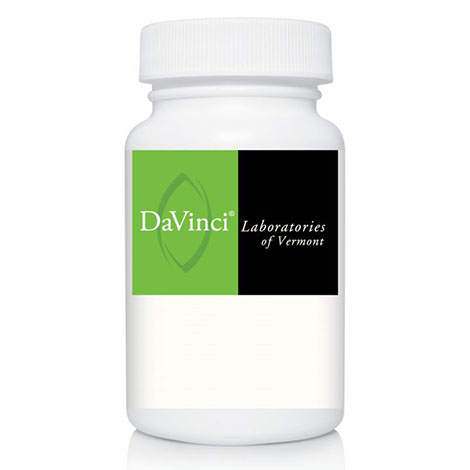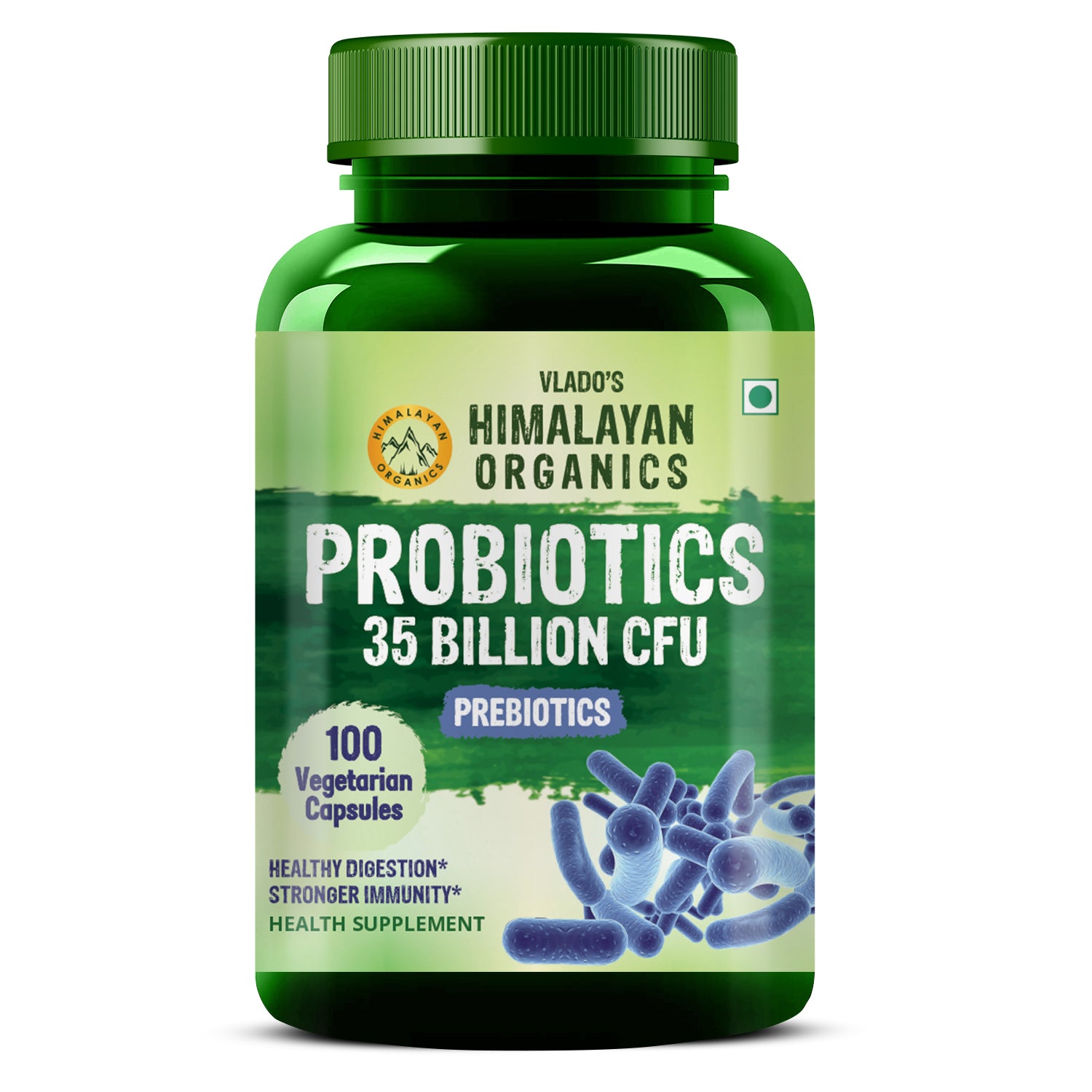Finding a Gut Health Supplement That Works: Your Guide to Better Digestion
Finding a Gut Health Supplement That Works: Your Guide to Better Digestion
Blog Article
Discover the Trick to Food Digestion and Resistance With Digestive Tract Health And Wellness Support

Comprehending Gut Wellness
Recognizing gut health is essential for general wellness, as it plays a significant duty in food digestion, immunity, and even mental health. The gut, consisting of the intestinal system, is in charge of damaging down food, soaking up nutrients, and removing waste. A well balanced intestine environment makes sure reliable digestion, enabling the body to use nutrients effectively.
Additionally, intestine health substantially influences the body immune system. The gut houses a considerable section of the body's immune cells, and a healthy gut can assist ward off microorganisms and minimize swelling. Disruptions in gut health and wellness can cause an over active immune action, possibly adding to autoimmune problems and allergies.
Additionally, the gut is frequently referred to as the "second mind" due to the gut-brain axis, a complex communication network connecting the mind and the intestine. This link affects state of mind, cognition, and psychological wellness. Problems such as dysbiosis, defined by a discrepancy in digestive tract germs, have been connected with mental wellness problems, consisting of stress and anxiety and anxiety.
The Digestive Tract Microbiome Explained

The intestine microbiome, a varied neighborhood of microorganisms residing in the stomach system, plays a critical role in keeping digestion health and total wellness. Comprising trillions of microorganisms, infections, fungi, and various other microbes, this facility ecological community help in the food digestion of food, the synthesis of necessary nutrients, and the guideline of metabolic procedures.
Each person's digestive tract microbiome is special, influenced by factors such as diet, way of life, genes, and ecological direct exposures. A balanced microbiome sustains ideal food digestion by damaging down complex carbs, producing short-chain fats, and helping with the absorption of nutrients. Alternatively, a discrepancy, commonly described as dysbiosis, can result in digestive conditions, including cranky digestive tract disorder (IBS) and inflammatory bowel condition (IBD)
Research has shown that a diverse microbiome is connected with much better health results, emphasizing the significance of nutritional selections in nurturing these microorganisms. Foods abundant in fiber, probiotics, and prebiotics, such as fruits, veggies, and fermented products, can promote a healthy and balanced microbiome. Recognizing the gut microbiome is necessary for developing targeted interventions intended at boosting gastrointestinal health and wellness and protecting against stomach diseases.

Connection In Between Food Digestion and Immunity
A durable connection exists in between digestion and immunity, highlighting the critical function of the intestine in keeping overall wellness. The gastrointestinal tract is home to trillions of microbes that form the digestive tract microbiome, which substantially influences both digestive system processes and immune actions. This facility ecological community aids in damaging down food, soaking up nutrients, and offering necessary metabolites that sustain immune function.
When food digestion is effective, the gut obstacle remains intact, protecting against unsafe virus from going into the bloodstream. Approximately 70% of the immune system resides in the gut-associated lymphoid cells (GALT), which connects very closely with the intestine microbiome.
Tips for Supporting Intestine Health
Sustaining digestive tract health is crucial for maintaining both digestive effectiveness and a well-functioning immune system. To article promote optimal intestine health, take into consideration incorporating numerous useful approaches right into your everyday regimen.
First, prioritize hydration. Consuming adequate water supports food digestion and helps preserve the mucosal lining of the intestinal tracts. Furthermore, normal exercise can improve intestine motility and advertise a varied microbiome.
Conscious eating methods are additionally important. Eating food extensively and eating slowly can aid digestion and protect against overeating, which may worry the intestine. Managing tension with methods such as reflection, yoga, or deep-breathing workouts can positively affect intestine health, as stress and anxiety is understood to interrupt digestion procedures.
Including prebiotics and probiotics right into your routine is an additional reliable approach. While particular foods will be talked about later, understanding the significance of these components is important. Prebiotics act as food for valuable intestine microorganisms, while probiotics present online useful organisms.
Finally, prevent extreme use antibiotics, as they can disrupt the equilibrium of intestine plants. By complying with these suggestions, you can substantially add to the maintenance of a healthy intestine, which is necessary for general health and wellness and vitality.
Foods That Promote Gut Health

Fermented foods, such as yogurt, kefir, sauerkraut, and kimchi, are rich in probiotics, which are beneficial microorganisms that sustain digestive tract plants and improve food digestion. These foods can help recover equilibrium in the digestive tract, especially after antibiotic use or digestive system disruptions.
In addition to fermented options, prebiotic foods, such as garlic, onions, asparagus, and bananas, act as nourishment for these probiotics, advertising their growth and activity. These soluble fibers sustain digestive tract motility and can alleviate concerns like irregular bowel movements.
Moreover, incorporating high-fiber foods, consisting of whole grains, veggies, legumes, and fruits, is crucial for preserving a healthy digestive tract. Fiber aids in normal digestive tract movements and aids avoid digestive system conditions.
Last but not least, omega-3 fatty acids located in fatty fish, flaxseeds, and walnuts have anti-inflammatory properties that can better support intestine health. Highlighting these foods in your diet can cause a durable digestive system and boosted immune function.
Final Thought
In conclusion, prioritizing digestive tract health is necessary for maximizing food digestion and boosting resistance. A well balanced intestine microbiome, affected by nutritional selections and useful site lifestyle aspects, plays a critical duty in nutrient absorption and swelling decrease.
Recognizing intestine wellness is critical for general well-being, as it plays a considerable role in digestion, resistance, and also psychological wellness. The gut houses a considerable portion of the body's immune cells, and a healthy gut can aid fend off virus and minimize inflammation.Additionally, the gut is frequently referred to as the "second brain" due to the gut-brain axis, a complicated communication network connecting the brain and the intestine.A robust link exists in between digestion and immunity, highlighting the crucial duty of the digestive tract in preserving overall wellness.In final you could try this out thought, prioritizing intestine wellness is vital for optimizing food digestion and improving immunity.
Report this page